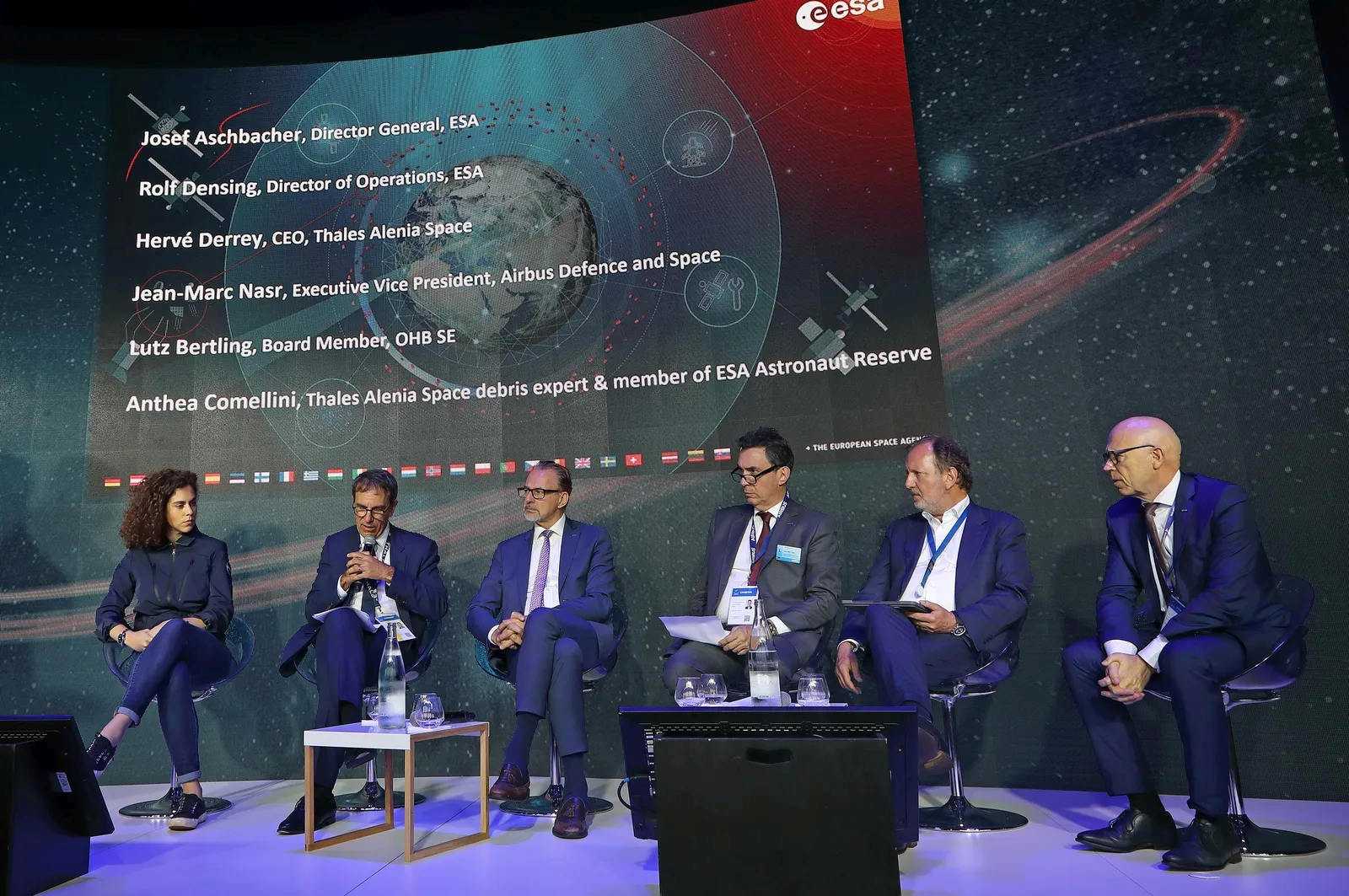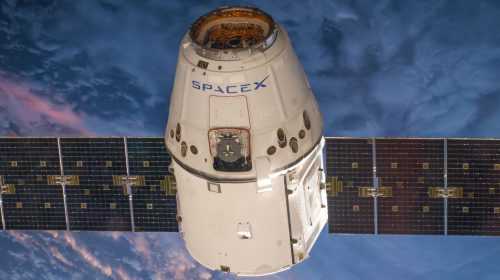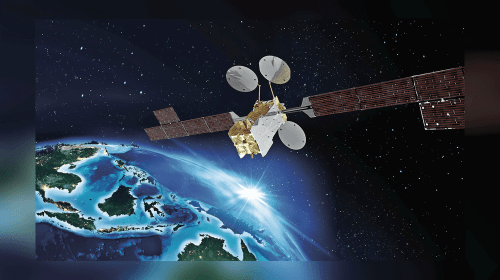ESA and EU Companies Endorse "Zero Debris Charter"
Jun 28, 2023
At the Paris Air Show held on June 22nd, the ESA (European Space Agency) and other space companies within the European Union committed to strive towards creating a low Earth orbit that is free from debris. This will require the development of new technologies and methodologies designed to prevent the creation of additional space debris while also removing any existing debris.
The companies that pledged to this initiative include Thales Alenia Space, Airbus Defence and Space, and OHB SE, among others. By working together, they hope to create sustainable practices that will preserve the long-term viability of space exploration and satellite operations.
“The Zero Debris Charter is a principle where we would like to ensure that there is zero debris left behind in space,” said ESA Director General Josef Aschbacher.
 ESA and European companies endorse “Zero Debris Charter” during a Paris Air Show event June 22. Credit: ESA
ESA and European companies endorse “Zero Debris Charter” during a Paris Air Show event June 22. Credit: ESA
According to a statement from ESA, the specific details that support this principle will be determined by them and the companies involved later in the year. This will involve creating challenging and significant goals that should be met by 2030, and incorporating them into the charter’s text before the year ends.
The main objective of the Zero Debris Charter is to connect previous initiatives of ESA that aimed at shaping a worldwide agreement on space sustainability with the technical work being done by the agency on developing technologies and solutions which make space operations secure and sustainable. In other words, this charter seeks to integrate various efforts of ESA towards ensuring a sustainable future for space exploration.
The “Zero Debris Charter” is an inaugural effort that shares the same objective as the original charter launched by the Japan Aerospace Exploration Agency (JAXA) during the 8th UN COPUOS Legal Subcommittee meeting in Vienna, Austria. The primary aim of this charter is to foster international collaboration, encourage the adoption of best practices, and facilitate the exchange of information and data to attain the goal of zero space debris. Those who sign the charter commit to taking measures to reduce the production of debris, eliminate the existing debris, and collaborate with others toward achieving this objective.
The objective of this agreement is to minimize the volume of debris that presently encircles our planet. This debris poses a considerable hazard to operational satellites as well as forthcoming space expeditions. According to the ESA, there are currently more than 34,000 fragments of space debris larger than 10 cm in diameter in orbit, accompanied by millions of smaller fragments that are too tiny to monitor.
While this agreement represents an important step forward in the fight against space debris, there is still much work to be done. The Joint Statement acknowledges that many of the solutions to this problem are still in the early stages of development and that international cooperation will be crucial to achieving the goal of zero debris.
Space debris encompasses all human-made objects that are currently orbiting Earth but no longer have a functional purpose, such as defunct satellites, rocket components, and other remnants from previous space missions.





